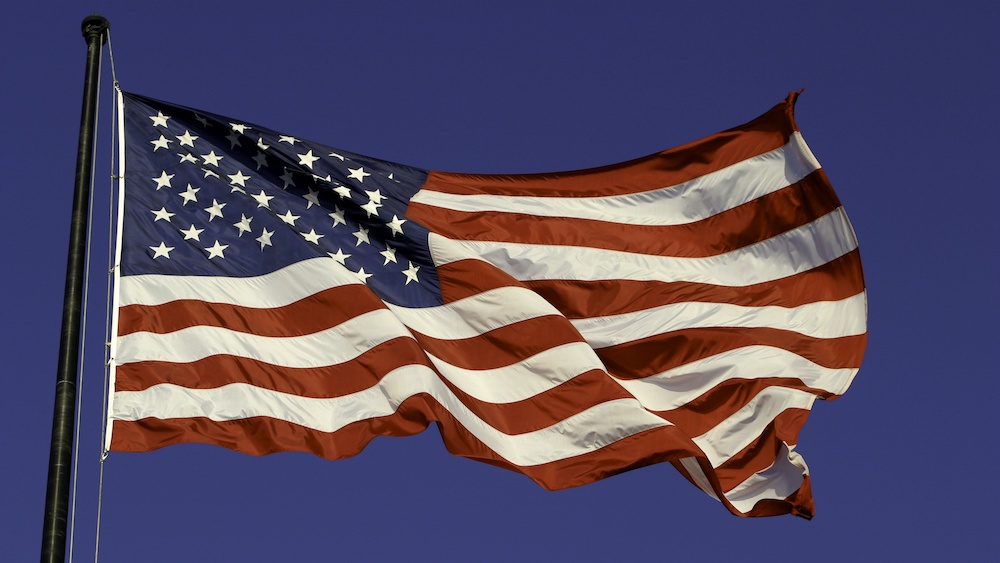If you’re interested in sharing your opinion on any cultural, political or personal topic, create an account here and check out our how-to post to learn more.
____
If Trump contests the election results, we are likely to experience a period of militant protests during which marginalized communities may be targeted by federal agents, police and armed Trump supporters. (Of course, we've seen that this year already.) Is there anything that can be done to encourage democratic transition and show up for marginalized communities should instability ensue?
Given the size of Trump’s base, and that it hasn't expanded in the time he’s been in office, it should signal a repudiation of whatever “mandate” he believes ushered him into office in 2016. Repudiation, notwithstanding, given the rush to confirm Judge Amy Coney Barrett to the U.S. Supreme Court will likely be the way Trump legitimates his re-election if he is not declared the winner, based on the outcome of the election. He will dispute the validity of the election results. While America’s electoral process and governance structures appear intact, whether they actually are intact is questionable.
If what I’ve articulated plays out, I think we can say that America is no longer on the brink of failed statehood but has crossed the threshold to failed statehood, and democratic transition may be a foregone conclusion. Hopefully, I’m wrong.
In a recent article, Professor Ore Koren of Indiana University stated that three historical factors make the concern about militant protests unfounded. He advanced that America’s strong political institutions are an effective deterrent to violence, despite the argument in some spheres that Trump has weakened political institutions. Next, Koren asserted that political violence typically happens when the ability to avert it is not existent. Because individual states and the federal government have the ability to avert such political violence, citizens should not be concerned. Finally, the lack of a history of armed political conflict is offered as the third factor for why post-election violence is pretty much unfounded.
I advance that historical factors about American political institutions, their ability to thwart violence and a lack of history are not comforting to people who fear post-election violence, particularly if they are members of the global majority (a term I use to refer to people who have ancestry and origins in the non-white countries of the world). One need not travel too far back in American history to recount political violence the descendants of enslaved Africans experienced by simply living their lives as American citizens. Strong political institutions did not avert political violence, and there is no paucity of armed political conflict history. In fact, the opposite is true in American history. Political institutions were in fact the creators and supporters of political violence, and such violence toward marginalized folk was sanctioned and upheld by law and policy.
A poll conducted by The Independent found close to 75% of Americans are concerned about post-election violence. Most of the fear of violence is driven by the belief that citizens won’t know with any certainty or clarity who won the election. It doesn’t help that interference in American elections is at unprecedented levels. It is even less helpful that Trump is not saying that he’ll accept the election outcome and peacefully transfer power if he is not declared the winner.
The Center for Strategic International Studies (CSIS) finds that right-wing terrorists in the United States carried out the majority — 57% — of all attacks and plots between 1994-2020, while left-wing extremists committed 25%. Between January 1 and May 8 of 2020, over 90% of American terrorism was committed by right-wing extremists, while in 2019, right-wing extremists perpetuated two-thirds of attacks and plots.
While warding off militant violence is difficult, especially when the incumbent is dog whistling and bull horning calls for violence, what can perhaps mitigate such violence is an indisputable election contest where it is clear who the winner is as quickly as possible, based on tallied ballots. Early voting in the United States has begun. Lines to vote have been long and the resolve of Americans to vote is strong, evidenced by early voter turnout through in person, mail-in or absentee ballots that have already been cast.
While the United States may not know who its president is on November 4, 2020, what they should remember is, as citizens, they have a responsibility to protect and defend the United States Constitution against enemies foreign and domestic.
